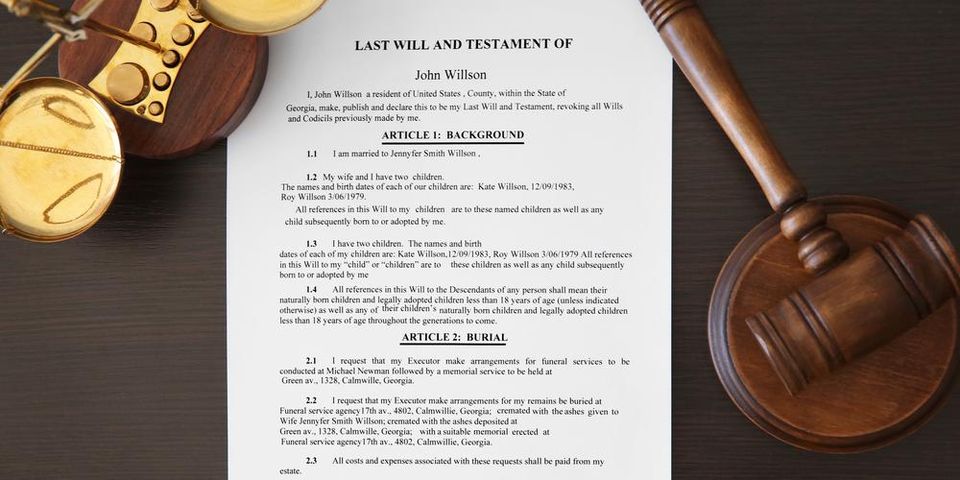4 Key Differences Between Wills & Living Trusts When Estate Planning

Wills and living trusts are both designed to distribute a person’s assets after they’ve passed away. Although each type of document is an effective estate planning tool, they are useful for distinct reasons. To determine which will best meet your needs, it’s important to learn what makes them differ from one another. The attorneys at Pater, Pater & Halverson Co. offer expert legal counsel in a range of practice areas and have helped numerous residents in Hamilton, OH, put together successful estate plans.
Below, they explain some of the fundamental differences between wills and living trusts:
- Management of Assets: Wills and living trusts both give you the opportunity to name beneficiaries for your property. With a will, you must appoint an executor to wrap up your estate after your death and make sure your assets are distributed properly. In contrast, you can manage a trust yourself as long as you are able. Then, a designated successor trustee will take over the transfer of your assets once you pass or if you become incapacitated.

- Guardianship of Minors: If you have small children, it’s essential to note that living trusts don’t allow for the appointment of guardianship. It will be necessary to make a will if you wish to specify who should watch over and finish raising your children in the event of your death.
- Probate: Property left through a will is required to go through probate. This is typically a long and expensive process that can delay beneficiaries from receiving their loved one’s assets. Probate is not necessary for property left in a living trust. Assets are distributed promptly without supervision from the court or the obligation of extra fees.
- Privacy: Wills become public documents once they are filed with the probate court, whereas living trusts remain private. This is significant to know if you would rather keep your affairs a private matter from other family members or anyone you may be worried will start an argument over how you chose to distribute your assets.
Before you can begin estate planning, it’s essential to understand how wills and living trusts are different. There are advantages to both options, and many people find it beneficial to create one of each. For professional assistance setting up an estate plan, contact Pater, Pater & Halverson Co. by calling (513) 867-1411. You can also visit them online for additional information.
About the Business
Have a question? Ask the experts!
Send your question

